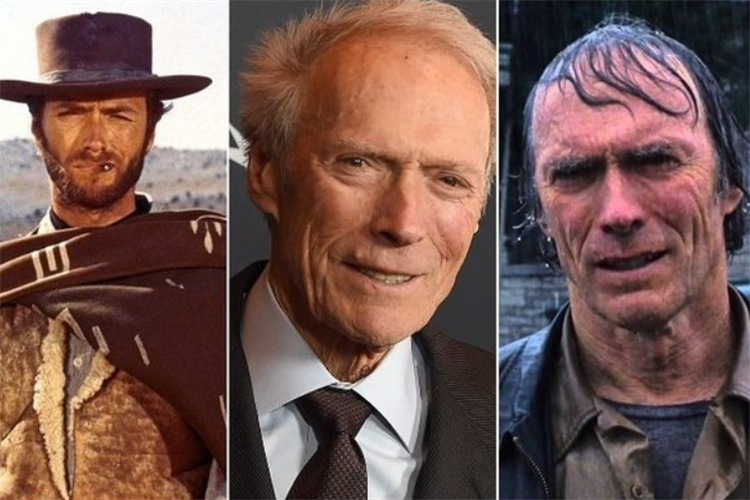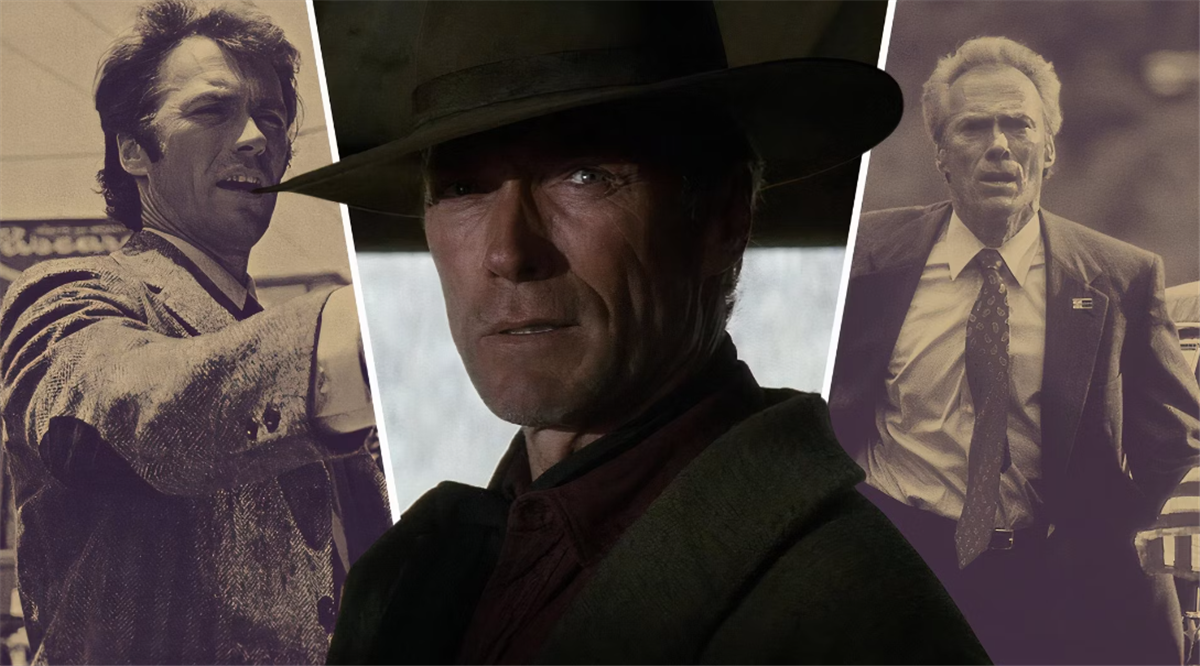Every actor strives for that breakthrough role that puts them on the map and leads them onto bigger and better things, but it doesn’t come easy. Just ask Clint Eastwood, who paid his dues as a jobbing bit-part player long before he made his way to the summit of Hollywood.
The four-time Academy Award winner was on the cusp of turning 30 before he landed the part of Rowdy Yates on Rawhide, which was exactly the leg-up he needed. By the time his final episodes of the show aired six years later, he was already well on his way to becoming an icon of the western genre following the release of Sergio Leone’s A Fistful of Dollars in 1964, his first major leading role in a movie.

There were hard times before that, with Eastwood notching one-episode guest spots on several TV shows while he went uncredited in seven of his first nine feature appearances. The overwhelming majority of actors start at the very bottom, regardless of what they go on to achieve. It can be an unforgiving place when everybody is unknown, and they’re all chasing the exact same thing.
As he shared in Paul Nelson’s book Conversations with Clint, his biggest concern was wondering where the next paycheque was going to come from. “They were very tough because you’d do a few bits, and then you wouldn’t get any parts for months,” Eastwood said. “A lot of times, guys will do either theatre or television. In the old days, they’d bounce around live television shows, and then finally, somebody’d give them a break. From that, they’d springboard into something.”

The pre-Rawhide Eastwood found himself left bemused by who the decision-makers were, explaining that “a lot of the people who are making the decision on whether you are going to work or not are people who really have no knowledge of the business anyway”. During that time, he regularly found himself herded into casting calls alongside everybody else who was eying the same role.
“You’d go on interviews where they’d have ten guys your size and age bracket in the office. You’d feel like an asshole sitting there,” he continued. “Cattle calls they used to call them for the theatre. What are the odds?” Eastwood shared that he’d “get pretty depressed” when things weren’t going his way, and not even optimistic phone calls to his agent could make him feel any more optimistic.
Needless to say, he got there eventually, but Eastwood was far from being a fresh-faced rookie when he finally caught a break on Rawhide. Once he got it, there was never any doubt in his mind that he was going to make the most of the opportunity.
